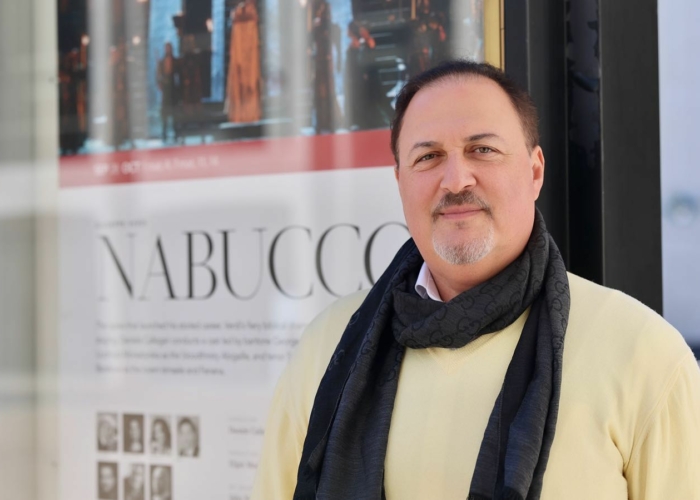
Interview
|
06.01.2024
George Gagnidze: “‘Nabucco’ trata sobre el poder y qué se hace para conservarlo”
“En entrevista, el barítono georgiano, quien interpretará a Nabucco en la ópera homónima de Verdi que se transmitirá en el Auditorio Nacional, recorre su trayectoria y habla de la intolerancia como uno de los ejes de la obra estrenada en 1842.”
Interview with the prestigious Mexican newspapers Milenio on the occasion of the Live in HD cinema broadcast of Nabucco from the Metropolitan Opera:
https://www.milenio.com/cultura/laberinto/george-gagnidze-en-esencia-nabucco-trata-sobre-el-poder
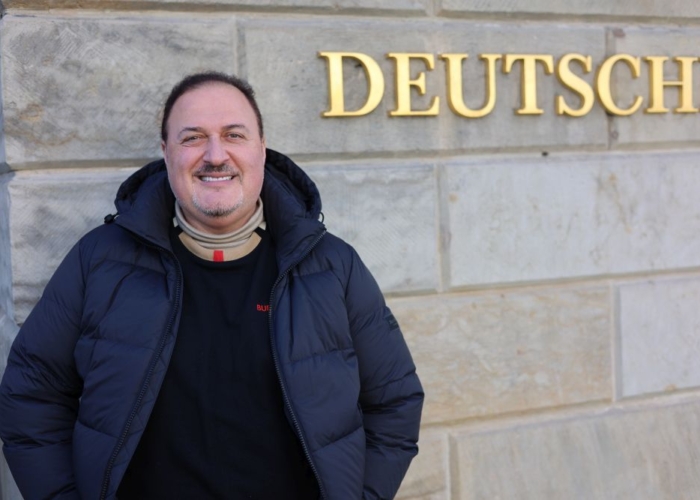
Review
|
01.12.2025
Press review “Khovanshchina” Staatsoper Berlin
Following the rave reviews for Claus Guth’s new production of Khovanshchina, featuring George Gagnidze as Boyar Shaklovity at the Staatsoper Unter den Linden in June 2024, the revival this November also received excellent notices internationally:
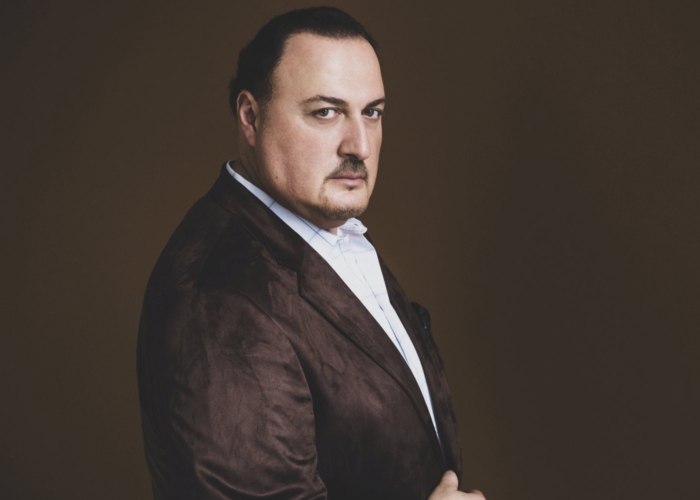
Review
|
08.11.2025
Interview with Italian magazine Amadeus
For their November 2025 issue, Italian magazine Amadeus features an interview with George Gagnidze by Alessandro Cammarano. In the 2025/26 season, George Gagnidze takes on three major roles in Italy: after his acclaimed performances as Gianciotto in Francesca da Rimini at the Teatro Regio Turin, he will also appear in the title role of Macbeth at the Opera Carlo Felice in Genoa.
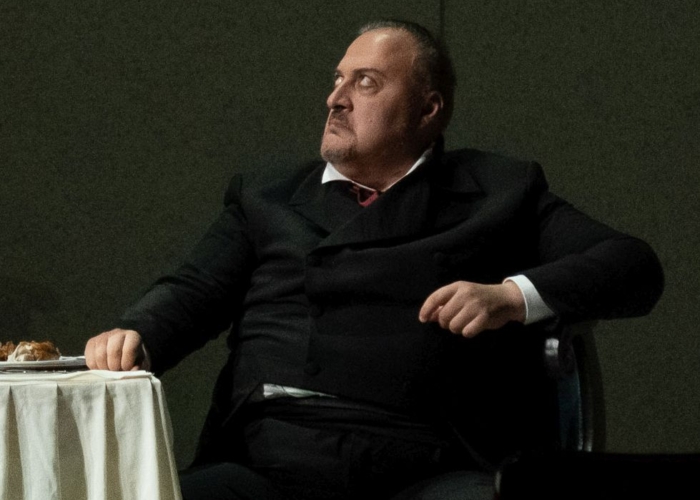
Review
|
16.10.2025
Reviews “Francesca da Rimini” in Turin
“George Gagnidze as her husband Gianciotto was excellent...” Paolo Gallarati, La Stampa
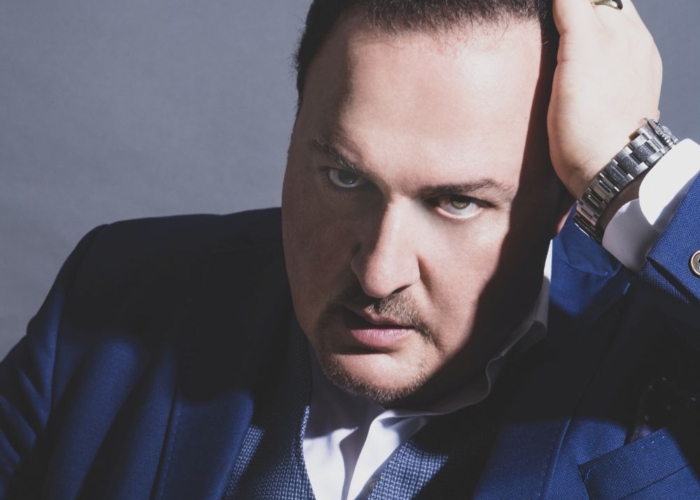
Review
|
10.10.2025
“L’Italia è la culla del mio repertorio”. L’intervista
di Giovanni Zambito - Il baritono George Gagnidze, tra le voci verdiane più autorevoli della scena lirica internazionale, si prepara a una nuova intensa stagione artistica che lo vedrà protagonista in Italia e all’estero. Dopo quasi 150 recite al Metropolitan di New York, Gagnidze tornerà nel Belpaese per tre appuntamenti di grande rilievo: Francesca da Rimini al Teatro Regio di Torino, Macbeth al Carlo Felice di Genova e Nabucco al Macerata Opera Festival. Parallelamente, sarà impegnato in importanti produzioni in Germania e Spagna, tra cui Der fliegende Holländer.
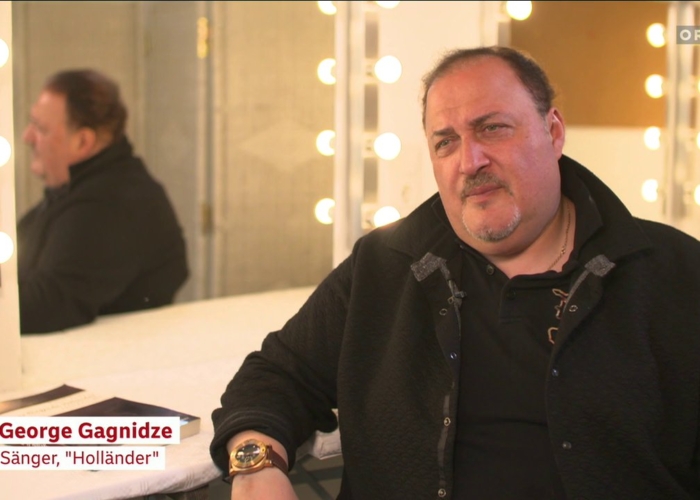
Interview
|
04.07.2025
Interview for ORF TV
In the lead-up to the premiere of Der fliegende Holländer at the Oper im Steinbruch Festival, George Gagnidze spoke with ORF TV about his role and the production in St. Margarethen. The interview, along with rehearsal footage, can be viewed here:




